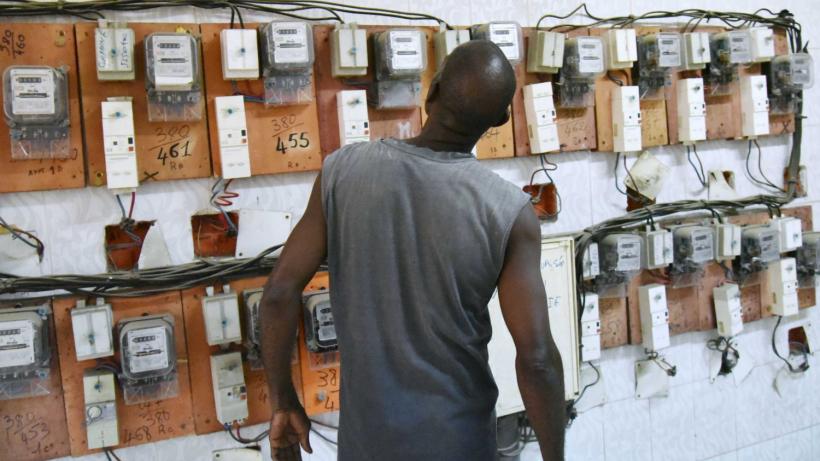
Charging ahead: Prepaid electricity
Getting people to pay for electricity is one of the biggest obstacles to expanding access to energy in developing countries. Our research shows that switching to prepaid metering can benefit both the customers – by allowing them to better control their electricity usage and spending – and the utility company – by making payments more reliable and lowering the costs of recovering payments.
What is the challenge?
Expanding energy access in developing countries requires solutions that recognise that poorer customers struggle to pay large, unpredictable monthly utility bills. At the same time, utility companies often struggle to collect enough revenue. In India, for instance, it is estimated that utility companies manage to collect revenues for only half of the power delivered. International efforts to improve access by increasing the supply of electricity, through increased private finance for power generation, for example, can only be successful if the demand-side payment problems are tackled.
Addressing the problem
Prepaid metering – where customers buy electricity upfront – has potential to improve electricity access and reduce utility costs for lower-income customers, while also helping utility companies recover revenue. IGC research examined the effects of a policy change in 2014 that switched 4,000 households on the grid in Cape Town, South Africa, to prepaid metering (Jack & Smith, 2015, "Pay as You Go: Prepaid Metering and Electricity Expenditures in South Africa", American Economic Review).
Research results
Introducing prepaid meters led to a 13% drop in electricity usage – and the effect persisted throughout the two-year study, suggesting the meters helped customers better understand and take control of their energy usage and expenses. The switch to pre-paid electricity brought particularly large cost savings (through reduced energy consumption) for poorer customers and those with a history of delinquent payments. There were also net benefits for the electric utility, due to more reliable payments and lower costs of recovery and administration. Overall, the gains are estimated to cover the costs of the prepaid meters after seven years of use.
Impact on policy
The research findings were shared with the City of Cape Town. The estimates are also expected to help inform policy decisions in other countries about the costs and benefits of pre-paid metering. Pre-paid meters are being rapidly rolled out in low- and middle-income countries yet the effects of introducing this technology had not previously been well tested.
Ongoing IGC research is exploring other strategies to improve electricity payment challenges. In Bihar, India, researchers are partnering with the Government of Bihar Energy Department to trial a new group payment incentive scheme, where neighbourhoods with higher payment rates are rewarded with more hours of electricity. The project will test whether the scheme improves payment behaviour and reduces pilfering of power.
- Prepaid electricity: Better service delivery for the poor?
Kelsey Jack and Grant Smith
- Charging ahead: Prepaid electricity metering in South
Africa
Kelsey Jack and Grant Smith
- Lighting up Bihar
Michael Greenstone, Robin Burgess, Nicholas Ryan, and Anant Sudarshan

